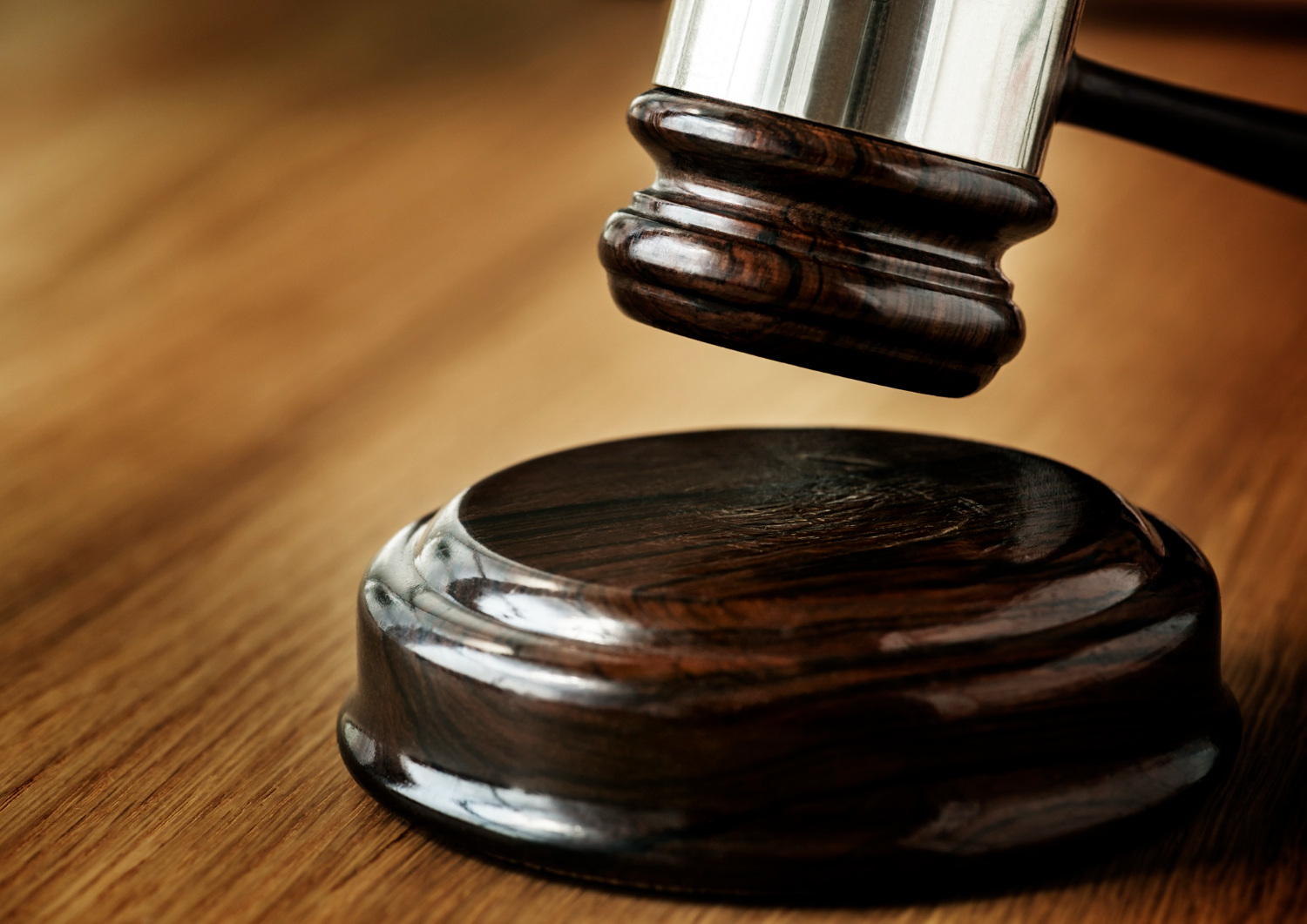
The legal system can feel overwhelming when your loved ones are in trouble. Understanding the different options available to make an informed decision is important. One such option is to post bail. Although costly, it allows friends or family to avoid being chased by bounty hunters if the defendant does not appear in court on their scheduled trial date.
What is Bail?
Bail is an amount of money the court sets to allow someone accused of a crime to be released from jail while awaiting trial. The judge sets the bail amount based on several factors, including the severity of the charges and the defendant’s flight risk. If the accused individual can’t pay their bail, they or their loved ones can contact a bail bond agency to help them. A fee (typically a percentage of the total bail amount) is paid to the bond agency to cover their services, and they guarantee that the accused individual will appear in court as required. Building strong relationships with local law enforcement and judicial authorities is key to the success of new bail bond businesses. This can lead to referrals and client acquisition, boosting trade. An effective risk management strategy is also essential to minimize financial losses.
What is a Bail Bond?
A bail bond is a financial instrument used by defendants who cannot afford to pay the full amount of their court-set bail. To secure release, they sign a contract with a licensed bail bondsman or woman that guarantees their appearance in court. The bail agent charges a non-refundable fee, typically a percentage of the total bond amount. Defendants also pledge collateral, such as property or cash. This protects the bail bondsman from a loss if the defendant fails to appear in court, resulting in a forfeiture of the bond. A reputable bail bonds Bucks County, PA company, will clearly explain payment schedules for premiums and collateral and ensure clients understand their bail agreement’s obligations. This includes ensuring that they attend all court dates and comply with any other release conditions set by the courts. Moreover, the bond agents will keep detailed records of all transactions and provide clear receipts, including all premiums paid and collateral pledged, unless there is a forfeiture.
How Much Does a Bail Bond Cost?
Getting arrested is stressful enough without having to worry about the financial implications. Bail bonds are an affordable and convenient option to secure your freedom between arrest and trial. However, it’s important to understand the terms and costs of a bail bond before using it. The price of a bail bond is set by state law and typically doesn’t vary much from one bail bondsman to the next. A bail agent can also offer payment plans if you have a portion of the amount upfront. When choosing a bail bond company, ask about their experience with cases similar to yours and whether they’re available outside of business hours for urgent needs. Transparency about fees and straightforward explanations of contractual terms also signify a trustworthy agency. You should also inquire about the types of property they accept as collateral and how long it takes to get your property back if there is a forfeiture.
How Can I Get a Bail Bond?
People arrested for a criminal offense are generally required to pay a sum to the court in exchange for being released early from jail before their court date. This practice is called bail. Those who cannot afford the full bail may use a bail bond company to help them out of jail. This option requires friends or family members to sign as co-signers on the bond, agreeing to be responsible for the accused person’s return to the courts and ensuring that the accused will comply with their release conditions, including appearing at all scheduled court dates. The bondsman will charge a 10% fee to the accused, and sometimes collateral is required. The advantage of this option is that it allows the accused to keep their jobs, care for their children and continue with life as they wait for their court proceedings. If the accused makes all their court appearances, they will receive 100% of their bail money back when their case is concluded.